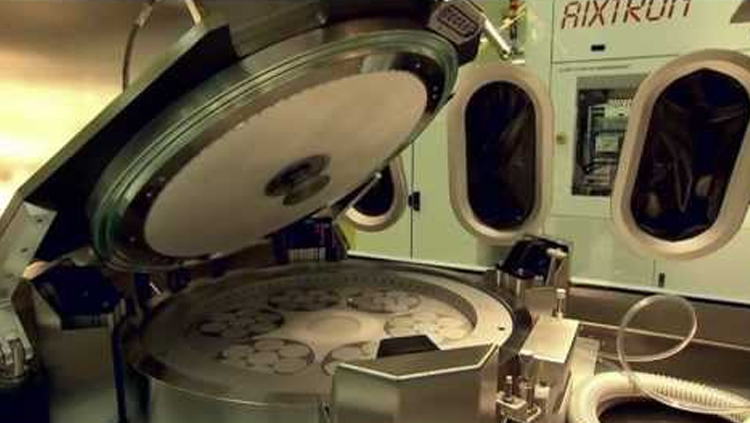JDSU unit pushes laser photovoltaic efficiency
A business unit within JDSU says that its GaAs-based photovoltaic power sources have been shown to work at over 50% conversion efficiency.
According to Photonic Power, which the Californian optoelectronics giant acquired last year, the improvement will enable more power-hungry applications such as transducers, transceivers and sensors to be powered via optical fiber.
Photonic Power already boasts more than 50 customers worldwide, and claims to have deployed more than 10,000 of its photonic power converters (PPCs).
These PPCs can feature either GaAs or InP-based photovoltaics, typically using 2x2 mm chips, and are particularly useful for powering electronic devices that operate in high-voltage or magnetic environments where traditional copper-based power delivery can be problematic.
One such application could be in the medical world. Using photonic power would allow device operation inside magnetic resonance imaging (MRI) scanners, where the strong magnetic fields make this impossible with conventional copper-wire powering.
"With this breakthrough conversion efficiency, JDSU is better positioned to deliver solutions to the medical, industrial sensor and wireless communications industries," said David Gudmundson, the company's VP of corporate development.
GaAs-based photovoltaics for solar power is already widely used in satellite applications and is beginning to make an impact terrestrially, but the maximum efficiency for these commercial cells is around 36%. Multi-junction solar cell maker Emcore says that it can increase this figure to 40% over the next couple years, and to 50% beyond that.


































